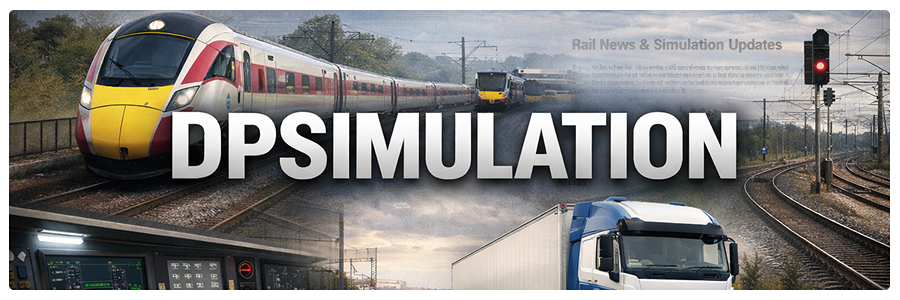Passengers Voice Anger Over Reduced South Western Railway Services

Passengers travelling on the renationalised South Western Railway (SWR) route between Exeter St Davids and London Waterloo have expressed growing frustration after services were cut in half. Since August, trains have been running once every two hours instead of hourly due to safety concerns caused by track movement following an extended dry spell. The reduced frequency has led to severe overcrowding, delays, and cancellations across the line.
Network Rail’s infrastructure director, Tom McNamee, said his team was “doing everything we can to restore the line to a safe condition” and that the full timetable was expected to return “by the end of November or early December.” Earlier this year, trains were ordered to slow to 40mph – less than half the usual 85mph limit – after dry soil destabilised sections of the track, adding up to an hour to journeys.
Regular passengers have described the disruption as intolerable. Exeter commuter Scott Hollingsworth said the service had “gradually deteriorated” throughout the year, with waits of up to four hours at times. “The train I finally caught was rammed with students, up and down the aisles,” he said. Fellow passenger Gail Coleshill said travellers were receiving “very little support,” adding that many families could no longer afford to rely on the train service. Richard Foord, Liberal Democrat MP for Honiton and Sidmouth, called the situation “completely unacceptable,” saying he had been contacted by constituents angry at the lack of reliable, punctual, and regular trains.
Nick Hurrell, from the Salisbury to Exeter Rail User Group, urged the government to “use these incidents as an opportunity to improve things.” The Department for Transport responded by saying that SWR “continues to face long-standing issues inherited from previous private sector ownership,” which would “take time to root out.” A DfT spokesperson added: “That is exactly why we are bringing all operators back under public control through Great British Railways.” The department said SWR and Network Rail were now working more closely, with nearly £360 million being invested this year in infrastructure renewal and new rolling stock to improve reliability across the network.
Image: South Western Railway
